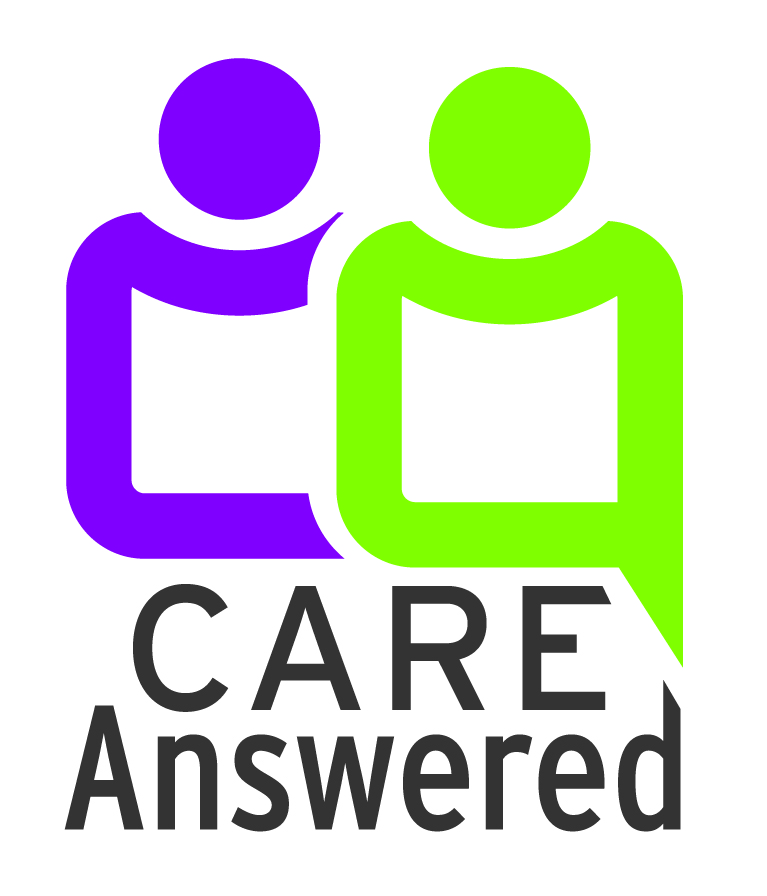When you imagine an individual with a drinking problem, who do you picture? Is it a troubled teen? A college student who binge drinks on the weekend? A middle-aged man who has a few cocktails to unwind after work every evening?
Alcohol abuse can affect anyone at any age, but it is an increasing problem among the elderly. And, when older adults drink to excess, they may be opening the door to a range of other health problems.
Alcohol’s effects can be more pronounced in the body as we age, so drinking the same amount may cause a person to feel more intoxicated than they expect. Alcohol can also mask other health signs and become mistaken for symptoms of other common diseases. For example, alcohol may ca use a person to become forgetful or confused, which could be mistaken for dementia or Alzheimer’s disease. Alcohol abuse can cause changes in blood vessels and the heart and could dull the pain of a heart attack leading to delayed treatment.
use a person to become forgetful or confused, which could be mistaken for dementia or Alzheimer’s disease. Alcohol abuse can cause changes in blood vessels and the heart and could dull the pain of a heart attack leading to delayed treatment.
Alcohol abuse can worsen osteoporosis, diabetes and high blood pressure, and could contribute to strokes, ulcers and mood disorders. In addition, alcohol abuse can make it more difficult for physicians to prescribe appropriate pain relief medications should the individual require surgery or have a health issue that requires pain control.
Older adults may begin or increase their drinking to help them deal with sadness and depression. These feelings, while NOT considered a normal part of aging, are common responses to loss, loneliness and illness that many elderly people face.
If you suspect that an aging loved one may be abusing alcohol, it is important to offer support and help. Try to identify the underlying issues and find ways to address them. The causes can be complex and not easy to fix, but there are a range of community-based resources that can help. For additional information, visit the National Institute on Aging, or give me a call at 516-584-2007.

